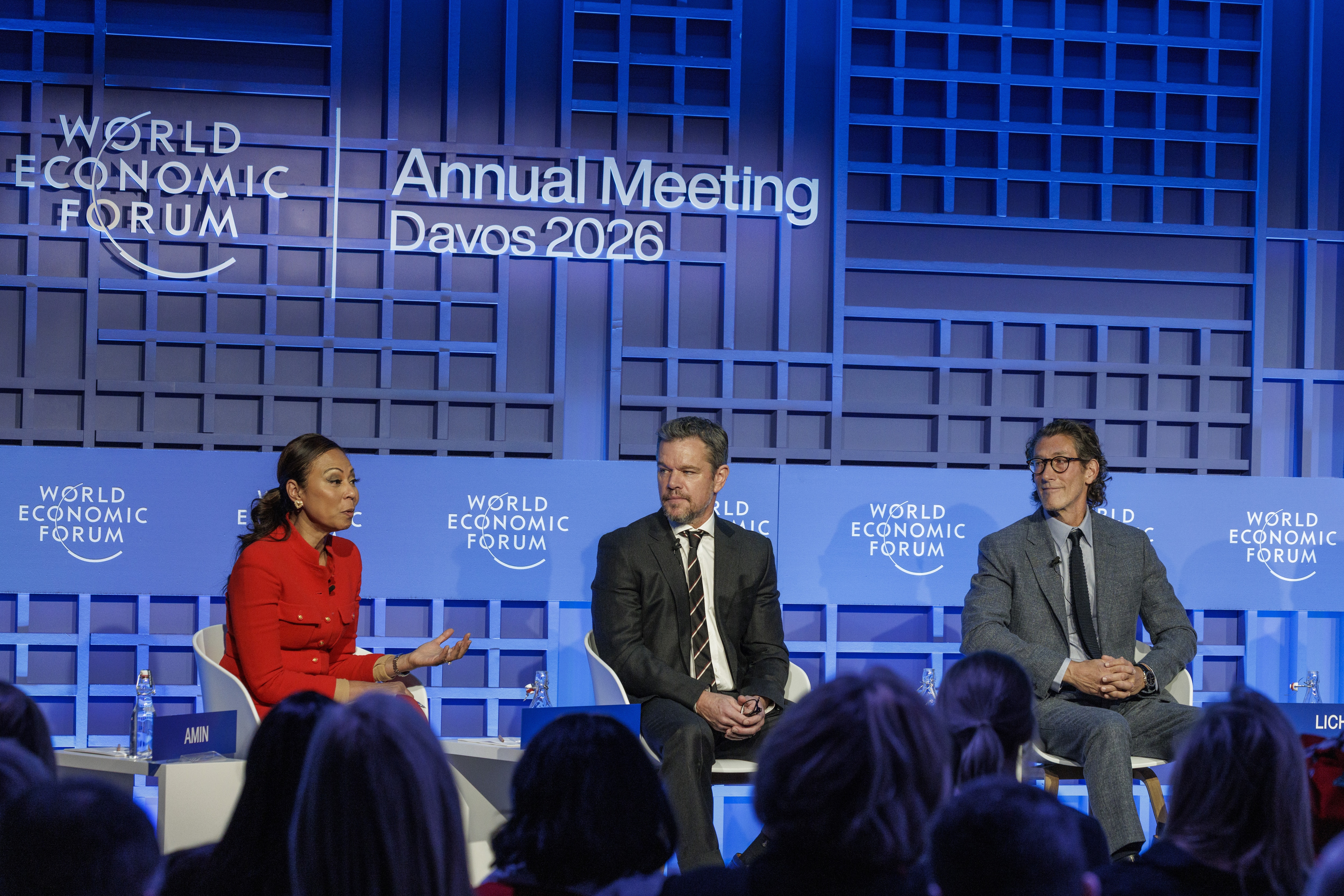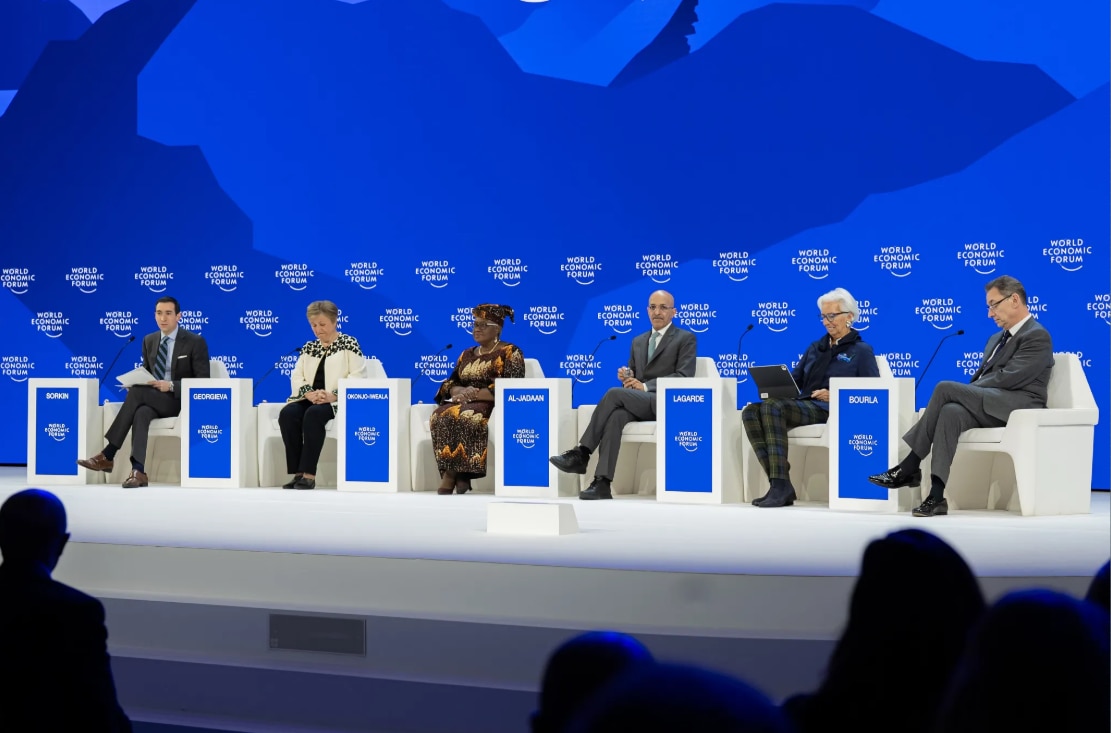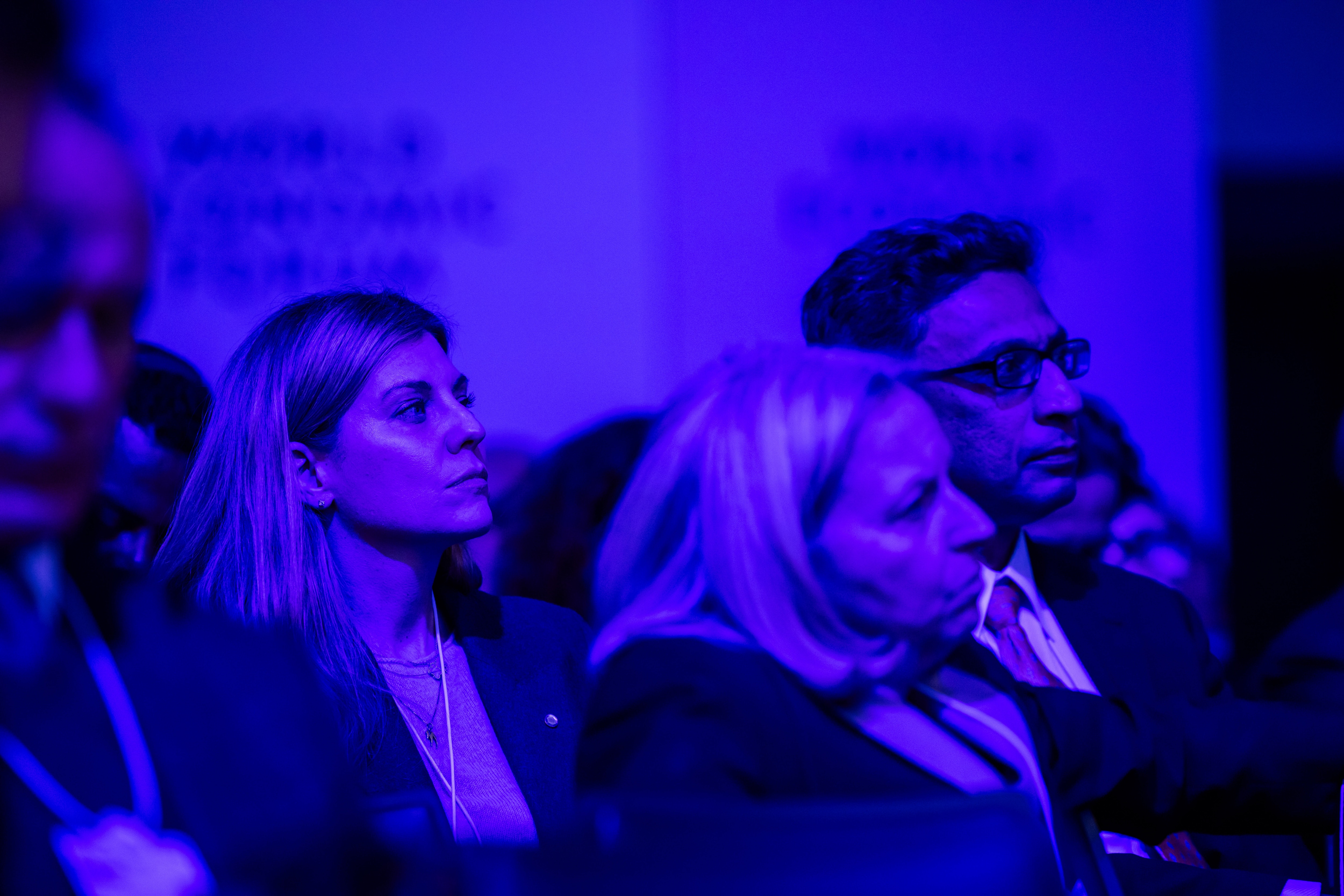How digitalization is accelerating the growth of MSMEs in Indonesia

The pandemic has accelerated the digitalization of MSMEs in Indonesia, but there are some gaps to be addressed. Image: Freepik
Listen to the article
- There are 64.2 million MSMEs in Indonesia – providing employment for 97% of the total workforce.
- The pandemic has accelerated the digitalization of business but further compounded the digital divide.
- We need to harness digital tools that create new opportunities for MSMEs and help build a sustainable economy.
Micro, small and medium-sized enterprises (MSMEs) represent about 90% of businesses and more than 50% of employment worldwide. MSMEs are arguably one of the most important pillars in the structure of the Indonesian economy. According to data from the Ministry of Cooperatives and SMEs in 2021, there are currently 64.2 million MSMEs, contributing 61.07% or IDR 8.573,89 trillion to the nation’s GDP.
Crucially, MSMEs provide employment for 97% of the nation’s total workforce – around 117 million workers – 64.5% of which are women.
The pandemic has exposed inequalities
The pandemic has delivered a global economic shock of enormous magnitude, leading to recessions over the past two years, which has mostly affected the MSMEs sector.
Data shows 80-90% of MSMEs' income was lost during the pandemic due to several problems. The first problem was capital difficulties – most Indonesian MSMEs are managed traditionally, they are unplanned, and have little access to proper credit financing. Secondly, official business permits are a requirement for bank loans and proper credits. Thirdly, a lack of business management skills, innovation and distribution left MSMEs unable to compete. Lastly, training remains a problem – MSMEs are still minimally trained to handle financial management, product innovation and networking skills.
The pandemic has shifted consumer’s purchasing behaviour from offline to online, delivering a new challenge and opportunity for MSMEs.
However, the rapid development of digitalization, especially in the new economic sector, only occurred in urban areas and provinces with high rates of technology adoption. This has led to a digital divide, a gap between regions in various parts of Indonesia, the largest archipelagic country in the world.
In addition, this affects the human resources and entrepreneurship. The scarcity of digital talent and the limitations of educational institutions to produce skilled workers in the field of information technology show that few companies have opened businesses or are utilizing digital technology.
Digitalization: for inclusion and empowerment
The pandemic has accelerated digitization significantly and the need for technology has increased significantly due to the Indonesian government’s COVID-19 restrictions. Currently, there are 202 million internet users contributing $70 billion to Indonesia’s digital economy in 2021, with $146 billion projected in 2025.
Utilizing digitization properly can translate to many new opportunities – MSMEs are no exception. Easy access to digitization that is in accordance with the needs and capabilities of institutions, financial products and services or financial inclusion, continues to be encouraged by the government. The aim is to accelerate MSMEs digitalization to build a strong and inclusive financial sector, as well as to support sustainable development. Ultimately, this is to help MSMEs increase their productivity.
Currently, there are 202 million internet users contributing $70 billion to Indonesia’s digital economy in 2021, with $146 billion projected in 2025.
”The world’s digital economy will remain a key driver of inclusive growth in the coming years. With almost 60% of the population connected, digital tools can widen access to healthcare, education, and employment for improved efficiency and services. Fintech offers a route to trustworthy access to credit, particularly for unbanked MSMEs – which also supports gender equality. The adoption of existing solutions will boost productivity and improve socioeconomic outcomes. Indonesia's digitalization can drive an increase in national productivity to $120 billion by 2025. This forms the basis for further innovation to support ESG targets.
Enabling MSMEs to thrive in the digital world
KADIN Indonesia has created a platform to protect and assist MSMEs within the creative industry to gain access to capital and raw materials, marketing including expanding the market locally, penetrating the export market, and expanding the coverage area through MSMEs digitalization. The Wiki Wirausaha platform will act as a driving force for digitization to help empower and grow MSMEs by solving supply chain-related problems and to serve as a bridge connecting MSMEs/cooperatives with programmes and local governments related to empowerment.
Taking the spirit of Wikipedia which prioritizes collaborative content, KADIN hopes the platform could serve as a model for G20 countries or developing countries that are facing similar problems. It is time for the private sector and governments to collaborate to overcome the digital divide so that they can rise and recover from the pandemic, as well as boost productivity and income.
Another breakthrough in digital transformation is the development of KADIN CIPTA, an inclusive and collaborative platform for all stakeholders. Designed to house all data integration (with relevant ministries), blockchain-based digital identity for industry and MSMEs that produces analytics and index dashboard. With this, KADIN Indonesia will be able to provide baseline data, information and analysis for ecosystem facilitation to support: MSME growth, sectoral/industrial economic recovery, the landscape of potential areas as well as economy and investment.
Digitalization plays a major role in transforming MSMEs. To date, Indonesian MSMEs have enjoyed the benefits of digitalization which enable them to gain access to a national/global audience, reduction of operational costs and optimization of transaction processes. KADIN Indonesia strives to work closely with the government to accelerate the growth of MSMEs and improve digital inclusion to build a strong and inclusive financial sector, as well as to support sustainable development.
Don't miss any update on this topic
Create a free account and access your personalized content collection with our latest publications and analyses.
License and Republishing
World Economic Forum articles may be republished in accordance with the Creative Commons Attribution-NonCommercial-NoDerivatives 4.0 International Public License, and in accordance with our Terms of Use.
The views expressed in this article are those of the author alone and not the World Economic Forum.
Stay up to date:
Indonesia
Forum Stories newsletter
Bringing you weekly curated insights and analysis on the global issues that matter.
More on Forum in FocusSee all
Kaya Bülbül and Kate Whiting
January 30, 2026






